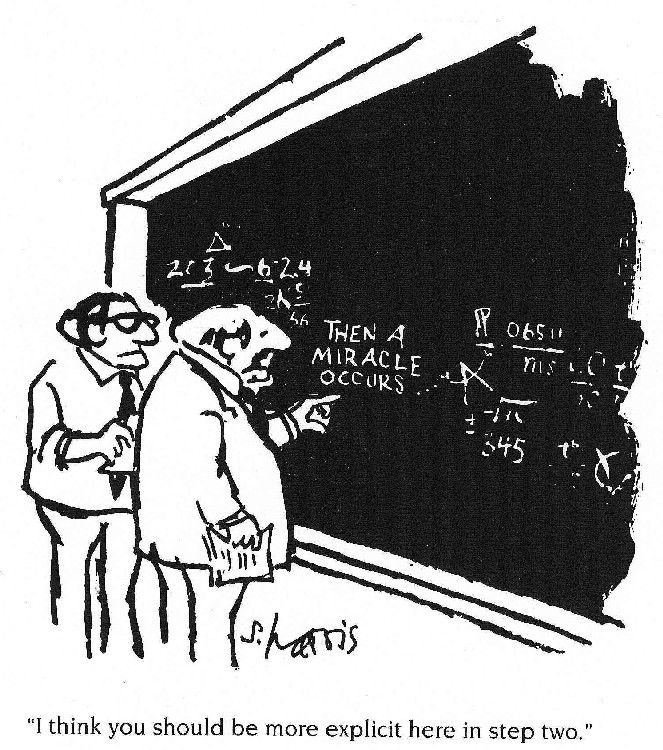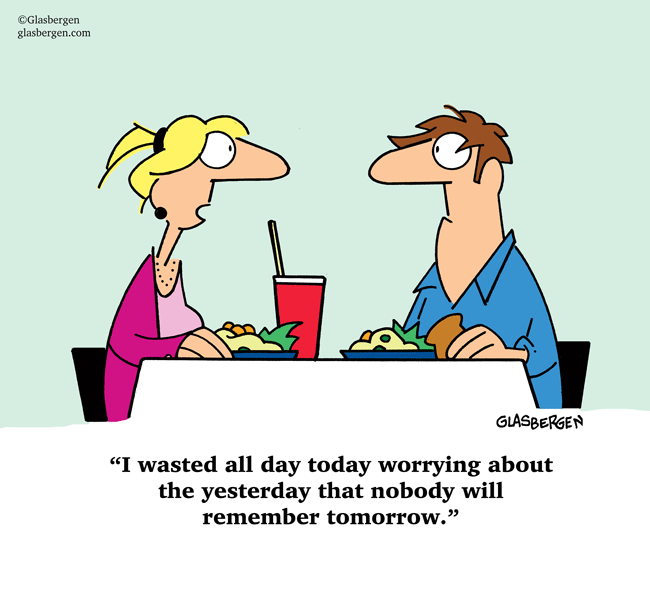
I’m teaching my grandson how to have a good work ethic. There are many aspects to consider; recently we talked about volunteering to do hard tasks. Some jobs are easy, others are difficult; when given a choice, choose those that are challenging. Most people avoid them.
You earn a good reputation by volunteering to do hard things and doing them well. Also, it’s usually the right and noble thing to do.
Sometimes it involves doing simple but unpleasant tasks.
-
-
- When my year-old granddaughter went ballistic in a restaurant, I volunteered to skip my meal and babysit her.
- Boxes—heavy and light—needed to be moved. I went for the heavy ones.
-
Sometimes it means committing to complicated challenges.
-
-
- Starting a graduate degree later in life.
- Working a second job to get out of debt.
- Becoming the caretaker for an invalid friend.
-
Some people only do easy things; they stay in the path of least resistance. At work they do the minimum required to keep their jobs; they don’t want to be inconvenienced in life; they seldom volunteer for optional tasks. Don’t be like that.
Leap at the chance to do things that other people don’t want to do. When others hesitate, act. Volunteer to do things you’re not responsible for or required to do.
Potential benefits?
-
-
- You’ll garner a reputation for being an action-oriented, get-it-done person.
- You’ll be a source of momentum and positive direction.
- Difficult tasks develop strong “muscles”; you’ll grow in wisdom and ability.
- You’ll benefit from the fact that accomplishing hard things is usually more rewarding than doing simple things.
-
I work with a man, I’ll call him Pete (because that’s his real name) who personifies this mentality. He’s eager to work, he’s low maintenance, he volunteers for extra assignments, and he does more than he’s paid to do. Thanks, Pete.



